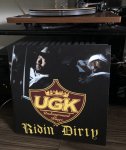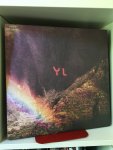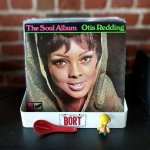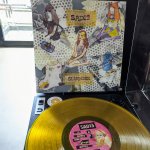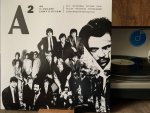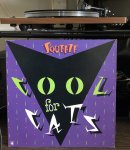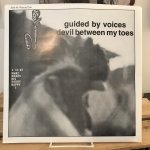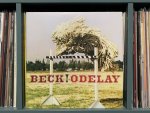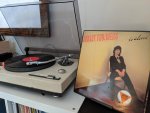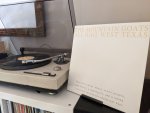LeeVing
Well-Known Member
Day 16: Lo-Fi
To be perfectly honest, I have a hard enough time keeping up with all the genres of music to also keep up with the styles within those genres...most of the time I don't really care what they are.
What I would consider "lo-fi" is usually called "avantgarde" or "experimental" to others.
I almost used this for the Solo day...but kept it for today.
John Frusciante – Niandra LaDes And Usually Just A T-Shirt
Superior Viaduct – SV076, 1994/2017
Deluxe version limited to 1000 on red transparent vinyl w/ 7" of Ants b/w Untitled
Pressed at RTI / GZ (7")


To be perfectly honest, I have a hard enough time keeping up with all the genres of music to also keep up with the styles within those genres...most of the time I don't really care what they are.
What I would consider "lo-fi" is usually called "avantgarde" or "experimental" to others.
I almost used this for the Solo day...but kept it for today.
John Frusciante – Niandra LaDes And Usually Just A T-Shirt
Superior Viaduct – SV076, 1994/2017
Deluxe version limited to 1000 on red transparent vinyl w/ 7" of Ants b/w Untitled
Pressed at RTI / GZ (7")



